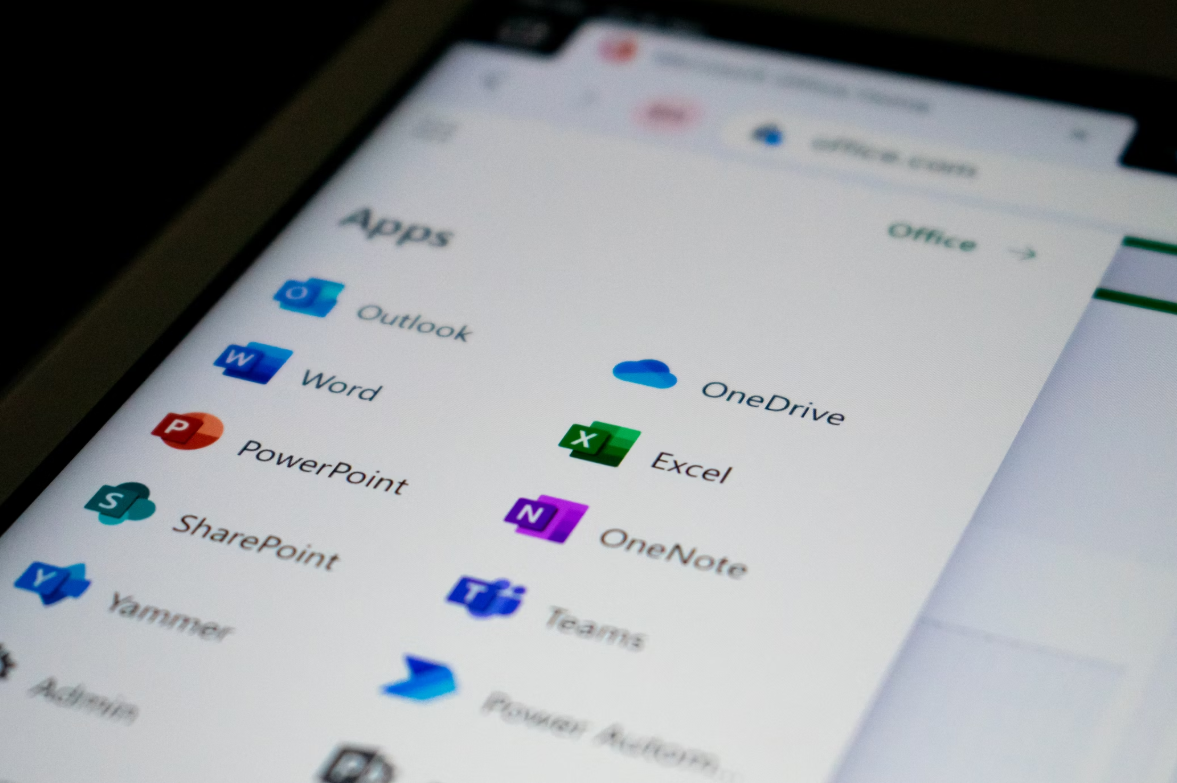The U.S. Department of the Treasury’s Office of Foreign Assets Control (OFAC) has sanctioned North Korean cyber actor Song Kum Hyok, a member of the hacking group Andariel, for his leading role in a large information technology (IT) worker scheme. According to the official statement, Song
Latest News: Cybersecurity
The Italian police have allegedly arrested Chinese citizen Xu Zewei, wanted by the FBI, at the Malpensa Airport in Milan on July 3, 2025. The Chinese hacker is accused of stealing COVID-19 vaccine information from the U.S. and working for Hafnium, a Chinese government-backed hacking group. The
The FBI is warning airlines and travelers that an international hacking group known as “Scattered Spider” has set their sights on the airline industry. Known for using sophisticated social engineering tactics, the cybercriminal gang will likely aim to exploit in-flight Wi-Fi and entertainment
A hacker breached Columbia University’s IT systems and stole sensitive data belonging to more than two million students, employees, and applicants. The malicious actor caused a widespread shutdown of the university’s computer systems on June 24. Columbia officials stated on Tuesday that they
The American company United Natural Foods (UNFI) reported a cyberattack to the U.S. Securities and Exchange Commission (SEC) in a recent filing. UNFI stated that it detected unauthorized activity on its Information Technology (IT) systems on June 5 and has been investigating the incident while
Researchers from SentinelLABS, the threat intelligence and research division of cybersecurity firm SentinelOne, have uncovered a China-linked cyber espionage group. The hackers have been targeting over 70 organizations and cybersecurity companies worldwide since July 2024. According to the
Researchers at Oasis Security revealed last week that a flaw in Microsoft’s OneDrive File Picker was allowing external apps, such as Zoom, ChatGPT, Trello, Slack, and ClickUp, access to users’ content. The experts warn that millions of users could be affected, with potential risks of data leakage
Researchers from the cybersecurity firm GreyNoise reported this week that an ongoing exploitation campaign is targeting over 9,000 internet-exposed ASUS routers. Cybercriminals gained long-term access by exploiting an undisclosed vulnerability. Experts suggest that attackers were planning on
The FBI issued a warning about the cybercriminal group Silent Ransom Group (SRG) and its recent social engineering calls and callback phishing emails targeting law firms in the United States. The government agency noted that while the group has historically targeted multiple industries, it has
Google has agreed to pay a record $1.375 billion to the state of Texas to resolve lawsuits accusing the tech giant of unauthorized data tracking and biometric data collection. It marks the largest privacy settlement ever obtained by a US state. Texas’s payout surpasses all previous state-level









